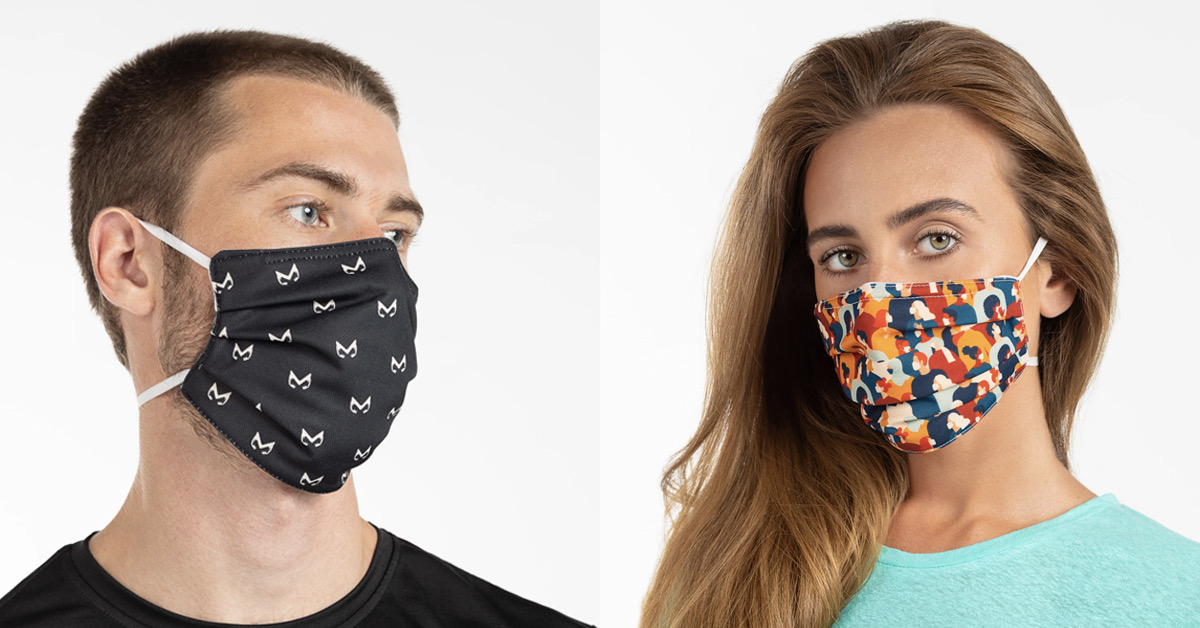Sigma Fit, an Egyptian fitness startup had earned international acclaim in January at the world’s largest consumer products show in Las Vegas, specialises in nanotechnology that makes fabric liquid-repellent.
The company deploys its hydrophobic tech to make sportswear that can go without washing for several weeks even when worn daily. However, after the coronavirus pandemic erupted, Sigma Fit’s co-founder and CEO Omar El-Monayar instructed his team to make protective suits using the same material.
These outfits retain maximum protection against the virus for up to 30 washes, enabling them to be reused. Sigma Fit has delivered around 10,000 suits to hospitals across Egypt.
Speaking of the development, El-Monayar, who launched Sigma Fit in 2016, in a statement said,
“These have replaced the disposable ones which are more expensive, less protective and environmentally unfriendly. The suit has nanotechnology to repel the liquids, while its permeability is less than one micron, so the virus cannot penetrate it. We did a lot of testing and obtained certifications from the government that it provides enhanced protection.”
El-Monayar notes that disposable protective suits are priced at 50 Egyptian pounds ($3.10), while Sigma Fit’s reusable ones cost 250 pounds and could also be used a further 30 times if sprayed with alcohol.
The innovations do not stop there: Sigma Fit also created nanotech masks for public use, making them available for purchase in Egypt in early June.
“We need to manufacture a mask that’s cheap, stylish and comfortable. We want to create a fashion culture so that if people love the product, they’ll be more likely to wear it and protect themselves. Masks are probably going to be required for years. [Ours] are liquid-repellent, and the fabric density is international-grade. On the inside, they are made from a sports polycotton that can absorb all your sweat.” – says El-Monayar
Sigma Fit, which currently employs 85 people, says its medical-grade material cannot be penetrated by the virus. This claim is based on calculations that the virus would be attached to solid or liquid particles with a diameter of 8 microns (0.008 millimetres) travelling at up to 80 km/h.
El-Monayar closed by saying,
“Even if the virus were able to penetrate the mask, there’s another fabric layer on the inside to stop it. Tests have shown we can achieve a 98% infection prevention rate.”





